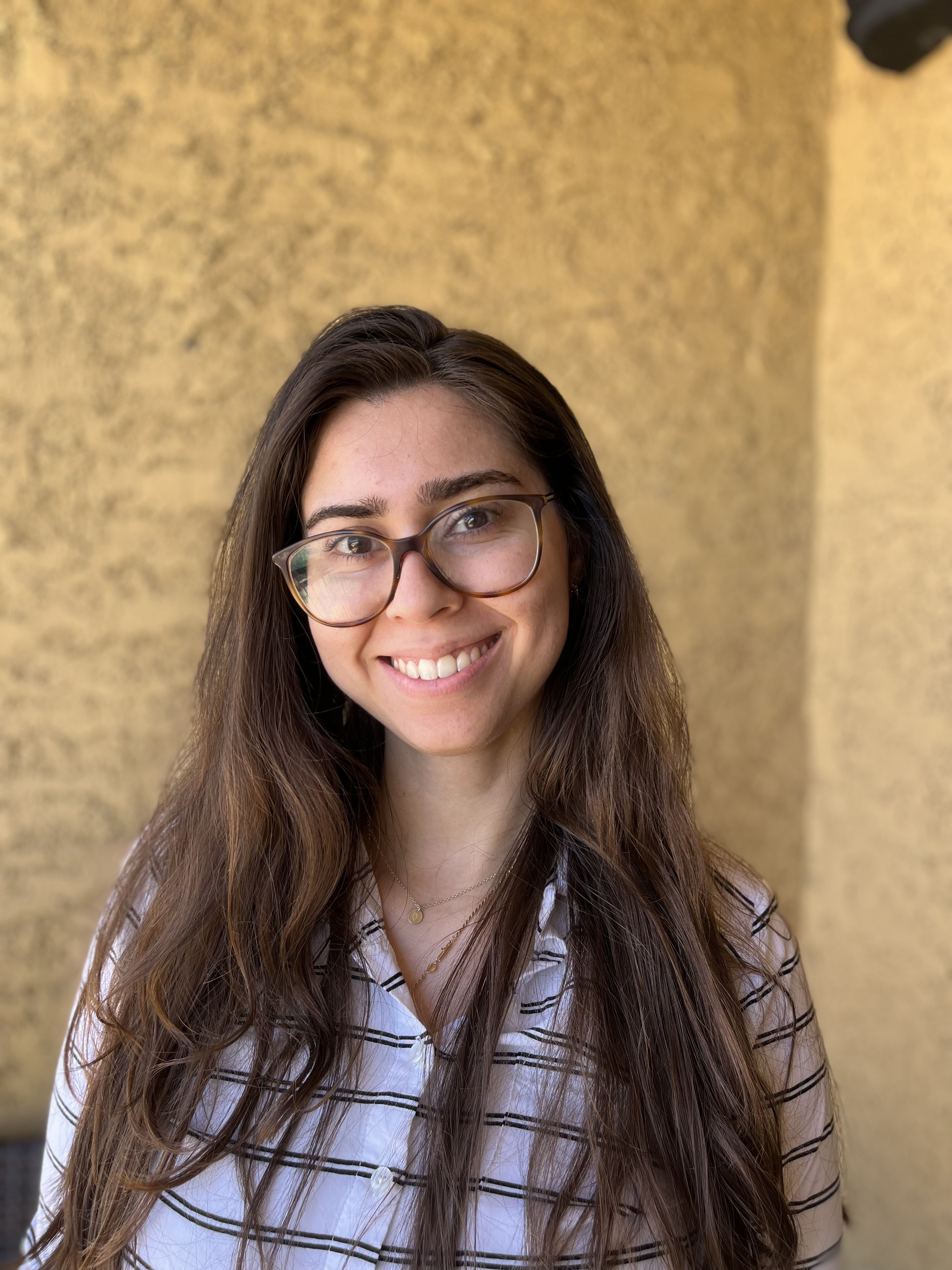Couples / Close Relationships
Symposium 62 - Identity's Role in Romantic Relationships: Exploring How Cultural and Identity-Specific Factors Influence Relationship Dynamics in Diverse Relationship Compositions and Marginalized Communities
Level of Familiarity: Basic to moderate
Recommended Readings: Abe, J. (2020). Beyond cultural competence, toward social transformation: Liberation psychologies and the practice of cultural humility. Journal of Social Work Education, 56(4), 696-707., Walch, S. E., Bernal, D. R., Gibson, L., Murray, L., Thien, S., & Steinnecker, K. (2020). Systematic review of the content and methods of empirical psychological research on LGBTQ and SGM populations in the new millennium. Psychology of Sexual Orientation and Gender Diversity, 7(4), 433., Lindahl, K. M., & Wigderson, S. (2020). Cultural considerations in the context of romantic relationships. Handbook of Cultural Factors in Behavioral Health: A Guide for the Helping Professional, 431-446., Rhoades GK, Stanley SM, Markman HJ. Couples' Reasons for Cohabitation: Associations with Individual Well-Being and Relationship Quality. J Fam Issues. 2009 Feb 1;30(2):233-258. doi: 10.1177/0192513X08324388. PMID: 19756225; PMCID: PMC2743430.,
-

Kaitlin Brunett, B.S., M.A. (she/her/hers)
Doctoral Student
University of Texas at San Antonio
San Antonio, Texas, United States -

Melissa Gates, M.S. (she/her/hers)
Doctoral Student
Binghamton University
SUNY Binghamton
Vestal, New York, United States -
KK
Kayla Knopp, Ph.D. (she/her/hers)
Research Psychologist
VA San Diego Healthcare System/University of California, San Diego
San Diego, California, United States -

Quinn E. Hendershot, M.S. (she/her/hers)
PhD Student
Binghamton University
Vestal, New York, United States -
AT
Allison Tobar-Santamaria, B.S., B.A. (she/her/hers)
Graduate Research Assistant
Virginia Polytechnic Institute and State University
Blacksburg, Virginia, United States -

Jacinda Lee, M.S., MFT (she/her/hers)
PhD Candidate
Rosalind Franklin University of Medicine and Science
Chicago, Illinois, United States -

Alyssa Miville, B.A., M.S. (she/her/hers)
Graduate Student
Binghamton University
Binghamton, New York, United States -
CC
Claire Chapman, B.S. (she/her/hers)
University of Denver
Denver, Colorado, United States
Chair(s)
Discussant(s)
Presenter(s)
Relationships are regarded as crucial components in life and have important implications for coping with distress (Fincham & Beach, 2010) and mental health (Lucas, 2007) Across cultures and sexual orientations, intimate relationships serve as important sources of support and security, and enhance well-being August et al., 2023. Marginalized relationships (e.g., racially diverse, SGM, CNM) encounter unique stressors related to one’s identity and relationship composition, which are socially constructed and perpetuated by societal beliefs and expectations, reinforcing the marginalized group’s stigmatized societal status (Meyer, 2003). However, these relationships remain underrepresented in relationship science literature.
Facets of relationship functioning, including communication (Markman et al., 2010), commitment (Konstam et al., 2019), and stress (Randall & Bodenmann, 2009), have been shown to affect relationship quality. Previous research focuses on outcomes among White, heterosexual couples, but additional factors specific to identity and culture may be important considerations among those in diverse and underrepresented relationships (Mayer, 2023). In relationships composed of SGM individuals and consensual non-monogamy (CNM), research suggests that minority stress (LeBlanc et al., 2015) and partner support (Gariépy et al., 2016) are major facets impacting alcohol use and violence in relationships. Taken together, an exploration into how cultural (e.g., filial piety, cultural sensitivity, acculturation) and identity-specific (e.g., stressors of one’s sexual identity) factors influence relationship dynamics among diverse and underrepresented relationships is needed. Findings can better inform intervention development to increase effectiveness and inclusivity among diverse and underrepresented relationships.
Given the significance of relational factors specific to marginalized relationships, this symposium seeks to provide new research into such factors and suggestions for future work aimed at developing relational initiatives. First, Presenter 1 will provide support for the use of the Dyadic Cultural Competence and Balance model to identify the role of bicultural competence in intimate relationship functioning among Latine couples. Presenter 2 will describe the feasibility of assessing minority stress with a daily diary concerning violence, alcohol use, and partner support among couples with at least one bisexual individual. Presenter 3 will share how filial piety, parental expectations, and parental involvement influence marital decision-making and marital satisfaction among East Asian couples. Presenter 4 will discuss how religiosity and spirituality are related to relationship quality and sexual satisfaction among adults in CNM relationships and SGM individuals. Finally, Presenter 5 will discuss how relationship trajectories differ based on couples' reasons for moving in together before, during, and after the transition to cohabitation. Our discussant, who has experience working with individuals who are queer, non-monogamous, and other diverse identities will summarize findings and provide suggestions for clinical application.
Learning Objectives:
- Describe the pathways and support for a novel model of relationship functioning in immigrant couples navigating multiple cultural contexts.
- Explain the feasibility of daily diary methodological approach to assessing alcohol use, IPV, and minority stress among heavy drinking bi+ couples.
- Name common reasons couples move in together and their implications for relationship outcomes over time.
- See how relationship quality and sexual satisfaction in heterosexual and SGM partnered people are connected to religiosity and spirituality.
- Consider how goals of filial piety and marital relationship maintenance are linked to overall marital functioning among East Asian cultures.
Presentations:
-
8:30 AM - 10:00 AM EST(SYM 62) Testing the Dyadic Cultural Competence and Balance Model: Associations with Relationship Quality and Intimate Partner Violence
Speaker: Quinn E. Hendershot, M.S. (she/her/hers) – Binghamton University
Co-author: Hayley C. Fivecoat, PhD (she/her/hers) – The Family Institute at Northwestern University
Co-author: Matthew D. Johnson, Ph.D. – Binghamton University (SUNY)
-
8:30 AM - 10:00 AM EST(SYM 62) Sexual Minority Stress and Alcohol-related Intimate Partner Violence Among Bisexual+ Couples: A Daily Diary Feasibility Study
Speaker: Allison L. Tobar-Santamaria, B.S., B.A. (she/her/hers) – Virginia Polytechnic Institute and State University
Co-author: Zachary Hubshman, Student – Virginia Tech
Co-author: Meagan J. Brem, Ph.D. – Virginia Tech
-
8:30 AM - 10:00 AM EST(SYM 62) Filial Piety, Gender Roles, and Marital Functioning in Japan and China: A Cross-cultural Study
Speaker: Jacinda Lee, M.S., MFT (she/her/hers) – Rosalind Franklin University of Medicine and Science
Co-author: Benjamin N. Wall, B.A. – Rosalind Franklin University of Medicine and Science
Co-author: HyeRim Ryu, M.S., MFT – Rosalind Franklin University of Medicine and Science
Co-author: Belle Tseitlin, B.A. – Rosalind Franklin University of Medicine and Science
Co-author: Tamara Goldman Sher, Ph.D., LCP (she/her/hers) – Rosalind Franklin University of Medicine and Science
-
8:30 AM - 10:00 AM EST(SYM 62) At the Crossroads of Religiosity, Spirituality, Queerness, and Relationship Functioning: Exploring Associations in a Nationally Representative Sample
Speaker: Alyssa J. Miville, B.A., M.S. (she/her/hers) – Binghamton University
Co-author: Alyssa J. Miville, B.A., M.S. (she/her/hers) – Binghamton University
Co-author: Richard Mattson, PhD – Binghamton University (SUNY)
-
8:30 AM - 10:00 AM EST(SYM 62) Thinking About Moving in Together? How Reasons for Cohabitation Are Associated with Relationship Quality over Time
Speaker: Claire L. Chapman, B.S. (she/her/hers) – University of Denver
Co-author: Daphne Liu, Ph.D. (she/her/hers) – University of Denver
Co-author: John Miller, B.A., J.D. (he/him/his) – University of Denver
Co-author: Scott M. Stanley, Ph.D. (he/him/his) – University of Denver
Co-author: Galena Rhoades, Ph.D. (she/her/hers) – University of Denver

.png)
